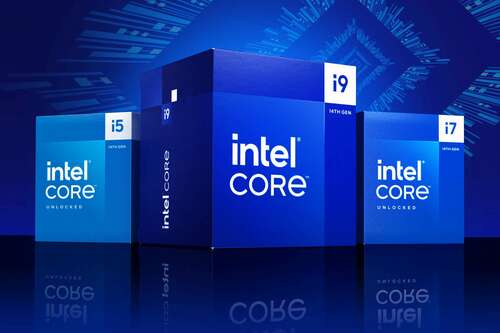They’re not wrong, but…
The Intel/AMD rivalry has always been a fierce one. It dates back decades, but it intensified in 2017, when AMD decided that it would, again, start making CPUs that were competitive with those Intel was making. Both companies have been trying to one-up each other over the past few years, and now, Intel is taking out bigger guns by calling out AMD on its marketing tactics.
Intel has released a presentation where it outlines how AMD has been selling “half-truths to unsuspecting customers.” The half-truth in question, of course, being the fact that AMD is still launching Zen 2 chips disguised as “7000-series” chips. Under the company’s new naming scheme for CPUs, it is still launching and selling chips built on older technology, a practice Intel is describing with the word “snake oil.” It’s the first time in a long time Intel has attacked AMD this openly, aside from the occasional jab at a new CPU presentation.
It’s hard to argue with what Intel is saying here. Someone who’s not familiar with the chip naming scheme might think that it’s a newer chip built on newer tech, and might thus buy it. Zen 2 isn’t even that bad these days, but it’s still an older technology that a user might not be completely aware they’re buying, since they’re just buying a cheap “7000-series” CPU. Intel isn’t entirely innocent of practices similar to these, however. Its laptop chips use different architectures compared to desktop chips, and with the division between efficient and performance-focused CPUs, it could mean that an ultra-thin “i7” performs worse than a desktop/performance i5 or even i3. Intel also stuck with a dated 14nm process right up until the 11th gen of desktop processors, and when it did advance to 10nm, it named its process “Intel 7” in an attempt to appear more competitive to AMD.
What AMD is doing is not great, but also, is Intel really the right company to call it out when it also has not-great practices of its own? The presentation was deleted, so maybe the company didn’t want to be called out itself.
Source: The Verge


